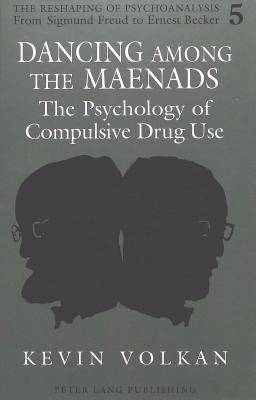
- Afhalen na 1 uur in een winkel met voorraad
- Gratis thuislevering in België vanaf € 30
- Ruim aanbod met 7 miljoen producten
- Afhalen na 1 uur in een winkel met voorraad
- Gratis thuislevering in België vanaf € 30
- Ruim aanbod met 7 miljoen producten
Zoeken
Omschrijving
Although a number of scholars have looked at the phenomenon of compulsive drug use from a psychoanalytic perspective, an objects relations approach has not yet been defined. Nevertheless, it has become increasingly clear that compulsive drug use is related to early object relations pathology. This study outlines the major tenets of classical psychoanalytic and object relations theory and practice with regard to the compulsive drug user. These theories give a clear understanding of the role drugs play in compensating for the experience of the object. It is concluded that individuals with healthy early object relations are not likely to become pathologically compulsive drug users. On the other hand, those with poor early object relations are at risk for addiction.
Specificaties
Betrokkenen
- Auteur(s):
- Uitgeverij:
Inhoud
- Aantal bladzijden:
- 167
- Taal:
- Engels
- Reeks:
- Reeksnummer:
- nr. 5
Eigenschappen
- Productcode (EAN):
- 9780820423012
- Verschijningsdatum:
- 1/10/1994
- Uitvoering:
- Hardcover
- Formaat:
- Genaaid
- Afmetingen:
- 242 mm x 160 mm
- Gewicht:
- 430 g

Alleen bij Standaard Boekhandel
+ 92 punten op je klantenkaart van Standaard Boekhandel
Beoordelingen
We publiceren alleen reviews die voldoen aan de voorwaarden voor reviews. Bekijk onze voorwaarden voor reviews.











